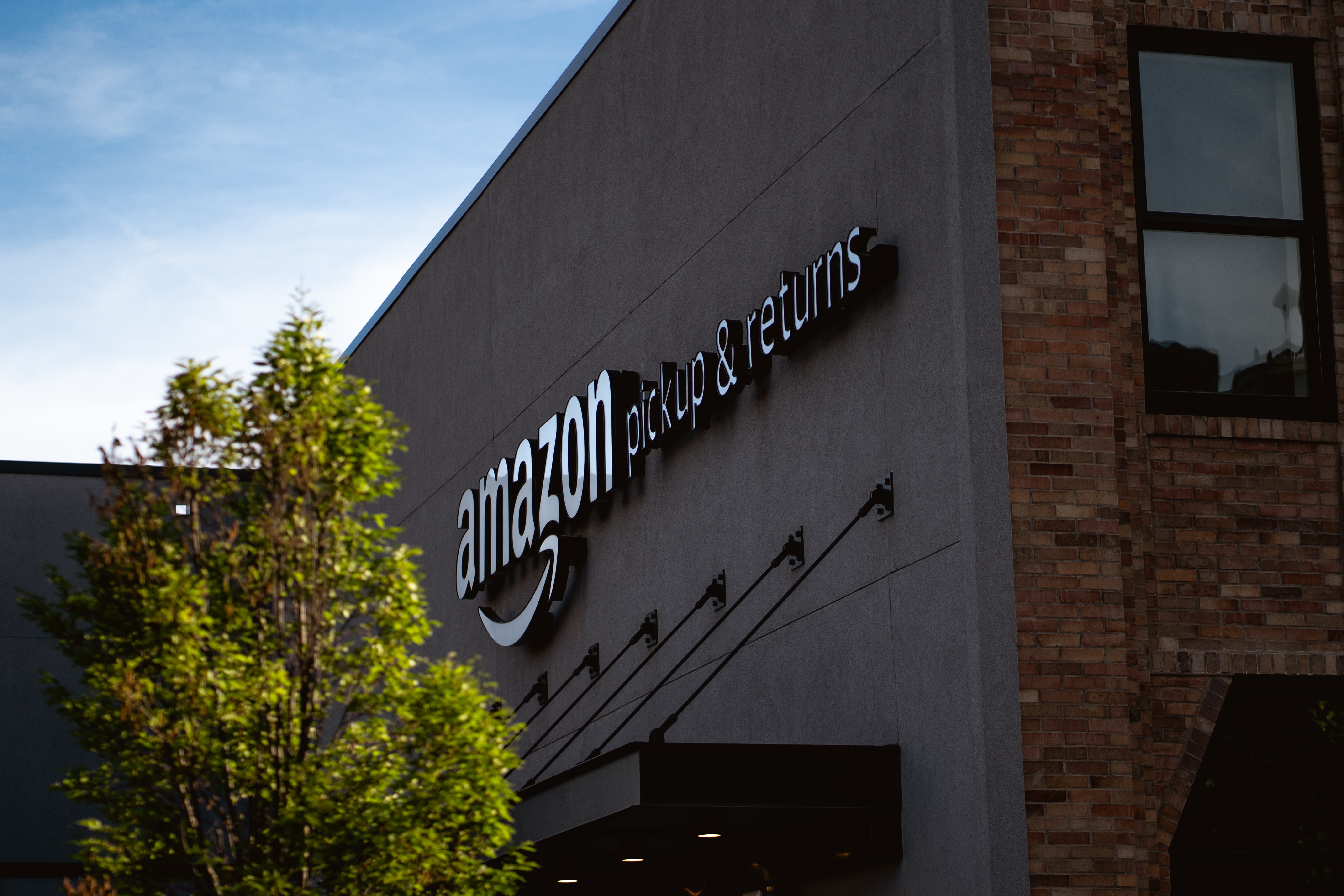
by Alex Dunnagan | Jul 12, 2021
African countries are missing out on significant tax revenues because multinational tech giants are failing to collect and pay VAT on services, according to new research. A new report published by TaxWatch finds that Microsoft, Google and Facebook are not collecting...

by Alex Dunnagan | Jul 12, 2021
12th July 2021 This report is available as a PDF here. Summary Multi-national tech giants such as Facebook, Google, and Microsoft (operating out of their Irish subsidiaries) are failing to collect VAT on sales they make in Africa – even in countries where they have...

by Alex Dunnagan | May 27, 2021
Sports Direct worked with big four accountancy firm Deloitte on a VAT scheme that has led to litigation in several European countries. The findings have emerged in High Court papers lodged as part of an ongoing case brought by the Financial Reporting Council against...

by Alex Dunnagan | May 27, 2021
27th May 2021 Why Sports Direct hired a delivery company with no drivers and no vehicles. Mike Ashley’s Frasers Group (formerly Sports Direct International), which recorded revenues just shy of £4bn last year, is facing challenges from several European tax authorities...

by George Turner | Jun 1, 2020
Leaked documents reported in the Financial Times indicate that the UK is to make online marketplaces such as Amazon and eBay liable to collect VAT on behalf of their sellers. The documents, described as an informal consultation, make clear that the UK is set on the...






